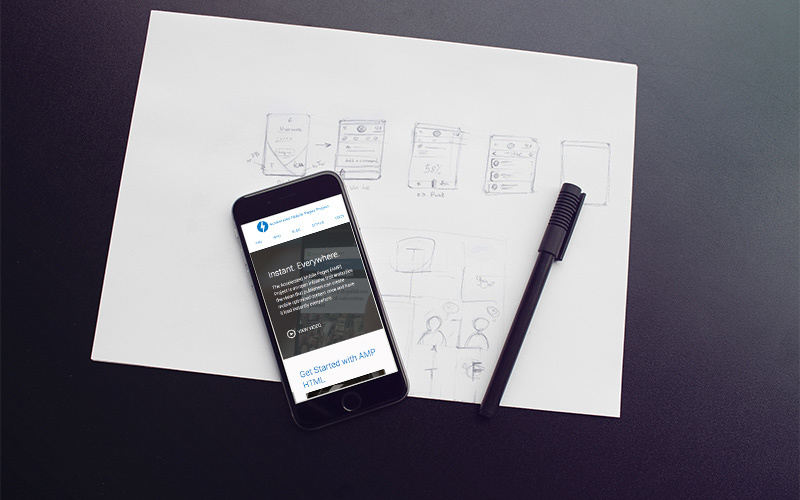During a recent meeting with a client we discussed brand messaging, including the brand’s voice, and how we should develop a mission statement that reflects who they are. The topic of inspiration came up, and one of the founder’s had become emotional just telling the story of why they’re so passionate about their new company. Of all the client meetings I’ve been involved in over the years this left an impression on me.
Inspiration for a brand’s Truth
I began to reflect on the reasons I began FYD in 2001. Why I opted to pursue making it my own small business just days after being one of the many lucky candidates in a major lay off at my previous employer. Risky? Absolutely. Rewarding? Absolutely. A lot of long hours and a growing fondness for coffee? Check.
With starting any small business there’s risk and potential for reward. My personal risk was helping support my family after just being laid off from a position that provided financial stability… at least until that day. So literally days after, we made the decision to go for it. But among the many unknowns was developing FYD’s voice. What should we say? Who should we target? How is our story unique?
That recent meeting really brought attention to the fact that everyone has their own unique stories and experiences. Some companies feel that the brand drives the culture, but it should be the other way around. Using your personal inspiration in your brand messaging is an advantage to your competition because it’s more clear, more relatable, and, honestly, easier than forcing something else.
A brand messaging approach

Consider what brand messaging is at its foundation: it’s the voice of your business. It provides clues to your potential customer about what it would be like to hire you, and your job as a brand is to make the message as true and as clear as possible.
Given that most people find it easier to form a strong connection with other people versus just a product or service, focus on defining truly authentic brand messaging by starting with who you are. If you have a team of talented people, each with their own specialities, even better. Their personal brands will naturally promote your business.
Also, you don’t always need to talk directly about your core business to sell yourself. If you have expertise in other areas your audience is interested in, create content around that. It helps you reach people who’d never normally discover you – or your business.
Developing your brand’s voice

Try this exercise:
- Write down three feelings/adjectives you want your brand messaging to convey.
- Write down a super specific description of your potential buyer. Give her a name and a background.
- Outline the #1 message you want a person to remember about your company.
As you’re developing content, come back to this exercise. Is your voice you witty and light? Authoritative and to-the-point? Deep and philosophical? No matter which approach, make sure it’s true to who you really are.
Also consider how your customers or target audience communicate. Are they formal and precise? Casual and conversational? Paying close attention to your brand messaging can help you get it right. Your goal is to build brand affinity by using the diction and sentence structure that’s appealing to your audience and authentic to your offering.
Every brand needs to engage an audience. The best way to do that is to stop trying so hard. Allow the brand voice to relax, kick off its shoes, and just be you. Even the most serious businesses should not shy away from a conversational, friendly tone that expresses personality.
Your experiences, and sources of inspiration, are what will help you shape who you are. Whether it’s your personal brand or your company brand. Of course messaging is just one part of developing your brand. We have some more insights from style guides to why you should budget for branding work to help you start your journey.
As always feel free to reach out if we can help you and your vision.



